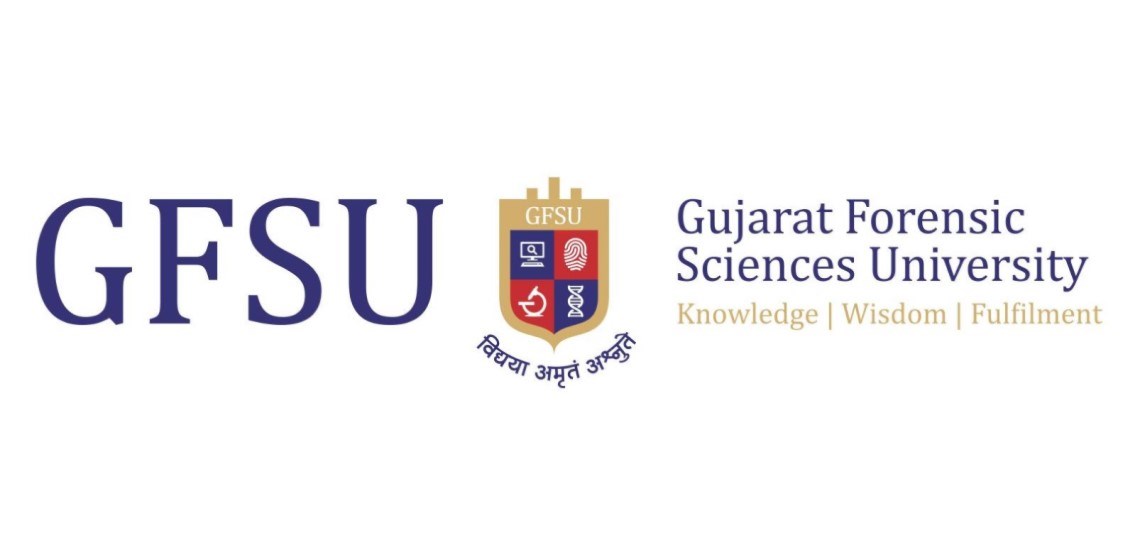The concrete conventionally used for construction uses cement with a mix of sand and limestone. However, conventional concrete is brittle,rigid, and prone to forming cracks. A researcher in Gujarat Forensic Sciences University (GFSU), Parth Prajapati, has come up with a method to dispose of rubber waste, make concrete better, and fill the gap created by the shortage of sand in one stroke. During his study, he has also developed a low-cost method of testing concrete durability, and GFSU is helping him to obtain a patent for his method.
Unique Project from GFSU Student
While sand is in short supply in Gujarat, and cases of illegal sand mining abound, the rising number of vehicles, and consequent rubber tyre waste, also constitutes a major concern with limited routes to recycle. Prajapti’s method of mixing fine rubber waste with silica fume, instead of sand, gives more flexible and durable concrete, with higher earthquake resistance, he claims.
Prajapati, who passed his MTech in Forensic Structure Engineering from GFSU this year, has also developed a machine that can test concrete durability at a cost of Rs 12,000. He has started the process to patent the machine.
“My study started with improving the current cement concrete which is brittle and has a high rigidity,” Prajapati said. “I then experimented with mixing 10% fine rubber waste and 20% silica fume – a byproduct of industrial processes and found the new mix (also consisting of Portland cement, fine and coarse aggregate along with water at 0.4 ratio to cement) to have impact resistance, energy dissipation and ductility (solid material’s ability to deform under tensile stress) – essential for earthquake resistance,” said Prajapati.
Professor Y K Agrawal, director of Institute of Research and Development (IR&D) of GFSU, said that Prajapati has also developed his own machine to test compressive strength of concrete and the development of cracks. “The machine, that can test cylinder, cube and beam, tests samples at 7, 28 and 90 days of ageing of the samples,” said Agrawal. “Due to its effectiveness, we have encouraged him to patent the design and GFSU is helping him to obtain the patent,” he said.
Prajapati said that in a state like Gujarat which is earthquake-prone, such a mix and method of testing can be very relevant especially for major construction projects.
Source: Times of India




















